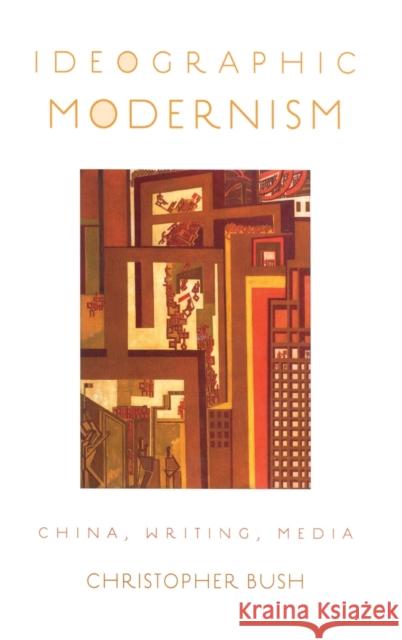Ideographic Modernism » książka
topmenu
Ideographic Modernism
ISBN-13: 9780195393828 / Angielski / Twarda / 2010 / 208 str.
Ideographic Modernism offers a critical account of the ideograph (Chinese writing as imagined in the West) as a modernist invention. Rather than focusing on the accuracy of this ideograph as a kind of representation of China (a focus that would yield predictable results), Christopher Bush reconstructs the specific history of the ideograph in order to explore the question of representation in more fundamental ways, ways that reflect the diversity and complexity of literary modernism itself.
On one level, the book makes an argument about the meaning and function of the ideograph during the modernist period, namely that this imagined Chinese writing was a complex response to the various writings of such technological media as the photograph, the phonograph, the cinematograph, and the telegraph. Through analyses of works by Claudel, Pound, Kafka, Benjamin, Segalen, and Valery, among others, Ideographic Modernism traces the interweaving of Western modernity's ethnographic and technological imaginaries, in which the cultural effects of technological media assumed "Chinese" forms, even as traditional representations of "the Orient" lived on in modernist-era responses to media. On another level, the book makes a methodological argument, demonstrating new ways of recovering the generally overlooked presence of China in the text of Western modernism. In addition to being its subject matter, then, ideographic modernism is also the book's method: a polemically "literal" way of reading that calls for reevaluations both of how modernist literature related to its historical contexts and of the ways in which we can understand that relationship today.










